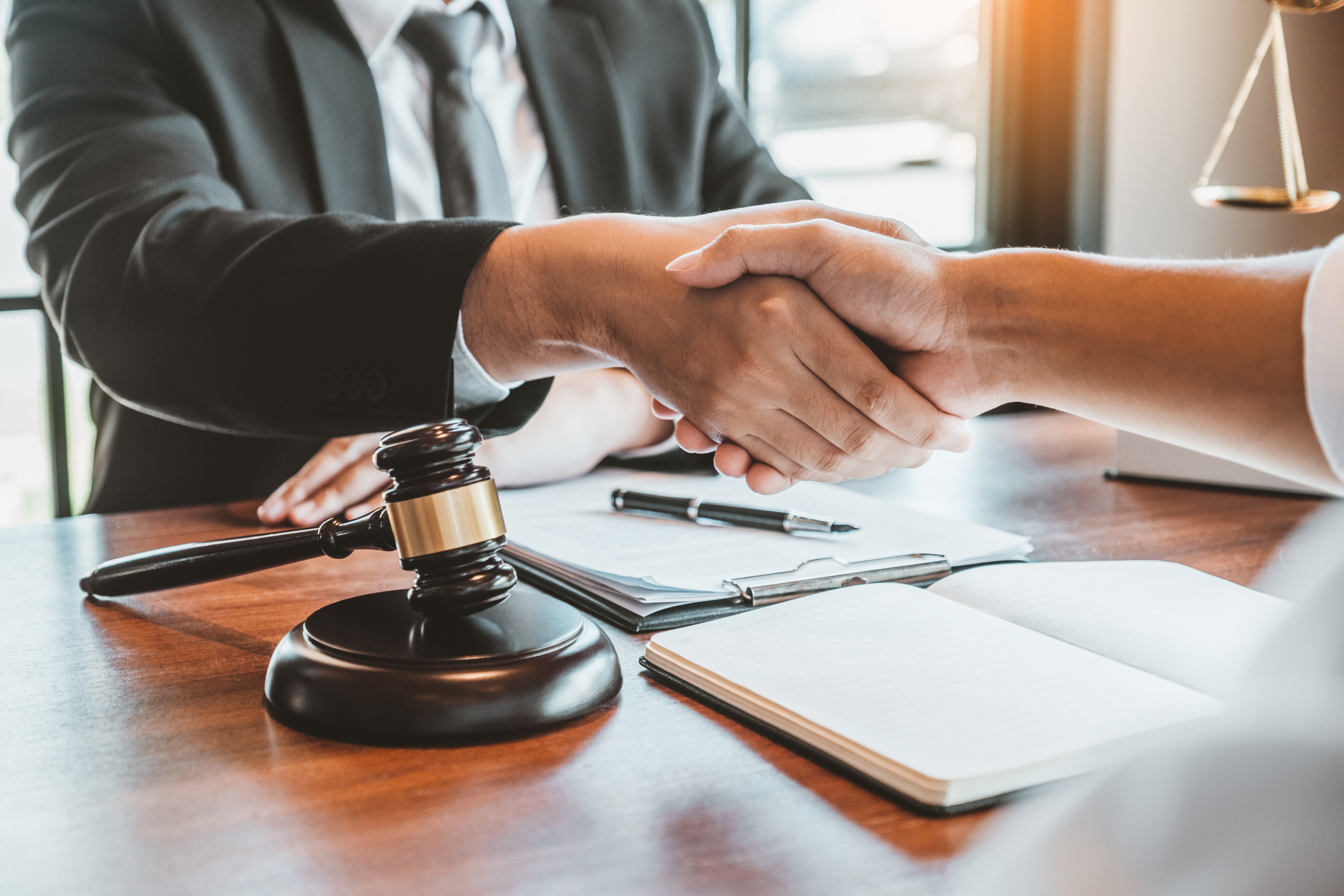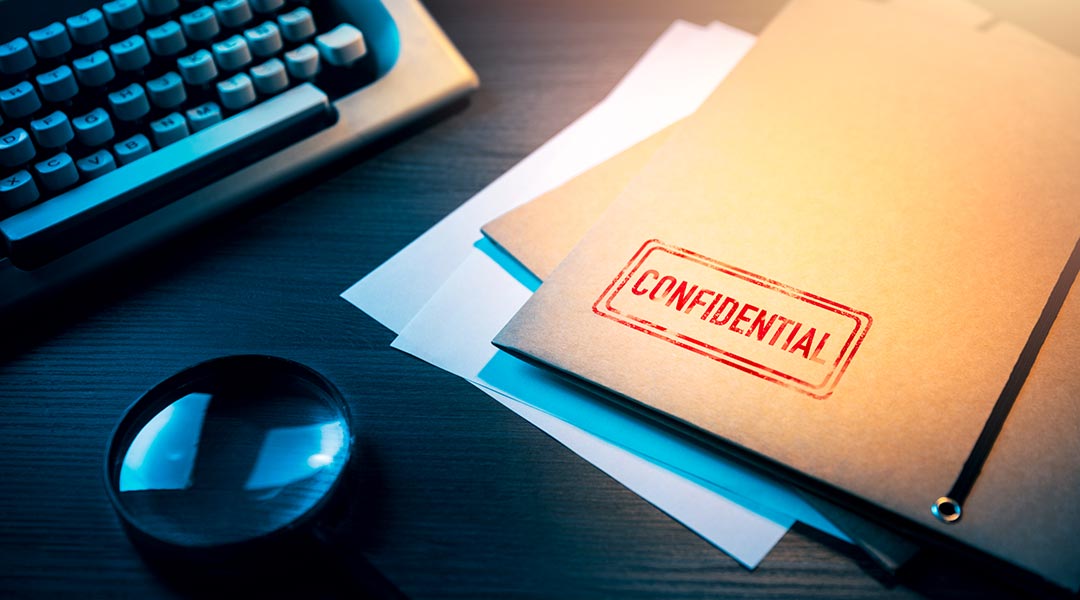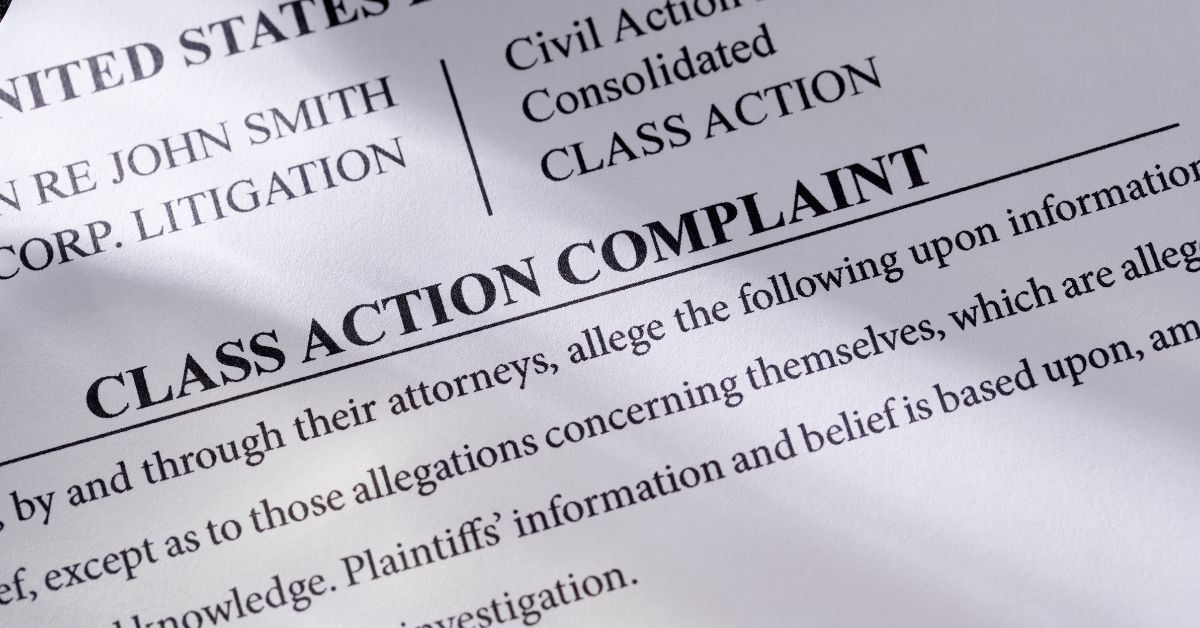What Does A Personal Injury Lawyer Do
What Does A Personal Injury Lawyer Do In the aftermath of a serious accident resulting in personal injury, it may become necessary to enlist the services of a personal injury lawyer to navigate the legal complexities involved. But what exactly does a personal injury lawyer do? Beyond the common association with car accidents, these legal professionals cover a wide range of practice areas within personal injury law. This article will shed light on the crucial role they play and why their expertise is essential for individuals seeking compensation for injuries caused by another person or entity.
Protecting Your Rights
Regardless of the circumstances leading to your injury, whether it’s a slip and fall, a defective product, or any other mishap, your primary focus should be on recovery. While you attend to your medical needs and therapy, a personal injury attorney serves as your legal advocate, creating a protective barrier between you and the various parties involved. Here’s what you can expect as your personal injury case progresses:
- Handling Medical Bills: As medical bills mount, your attorney ensures that you are prepared to address the financial aspect of your recovery.
- Interaction with Authorities: If your injury stemmed from a car accident, the investigating police officer may request information from you, and your lawyer will be there to help manage this interaction.
- Dealing with Insurance Companies: Your insurance company will require your statement to determine if you are eligible for Personal Injury Protection (PIP) benefits and if they hold responsibility for the damages incurred by the other driver. Your personal injury lawyer assists in navigating these negotiations.
- Engaging the Other Driver’s Insurance Company: In cases of automobile accidents, the other driver’s insurance company will want to gather information from you to assess their liability. Your attorney ensures that your interests are protected during these discussions.
- Property-Related Claims: If your injury occurred on someone else’s property, the liability insurance company will seek details regarding the incident. Your personal injury attorney manages this process on your behalf.
- Workplace Injuries: For workplace injuries, your attorney assists you in handling inquiries from the HR department and your employer.
During these often overwhelming post-accident days, your personal injury lawyer serves as your liaison, dealing with these matters and allowing you to concentrate on your recovery.
Developing Complex Strategies
The work of a personal injury lawyer goes beyond routine administrative tasks. It requires an intricate understanding of the relevant tort laws, as well as the ability to foresee and address potential legal issues before they arise. This entails continuous monitoring and a strategic approach to building a strong case.
Consultation and Advisement
If you have been injured due to someone else’s negligence, you may be entitled to compensation. A personal injury lawyer will assess your case and advise you on the necessary steps to pursue a settlement. If the insurance company fails to offer a fair settlement, your attorney should be prepared to take your case to court.
Your personal account of the accident serves as a roadmap for your attorney to protect your legal interests. During consultations, your lawyer will listen closely, identifying crucial details about the accident, injuries, pain, recovery process, disabilities, insurance, and other pertinent information. For example, in the case of a car accident at an intersection, your attorney would want to know about factors such as traffic signals, speed limits, and any other relevant factors.
Preparing for Settlement and Trial
The path to settlement and, if necessary, trial involves extensive investigation and discovery. Your personal injury attorney may undertake on-site investigations, interview witnesses, gather police and employer reports, secure photos and videos from the scene, and document any adverse conditions that may have contributed to your injury. If needed, expert witnesses may be hired to analyze evidence and provide professional opinions.
Communication with Insurance Companies and Opposing Parties
Insurance companies representing the involved parties will often seek statements from you. Your attorney will carefully manage these interactions, refusing to allow insurance carriers to exploit any information that might undermine your claim. They will also communicate with your insurance company to ensure the coverage of medical bills and auto repairs.
Establishing Legal Representation
Your personal injury attorney informs all relevant parties that they represent you, directing all future communication and inquiries to the law firm. This approach allows your attorney to oversee insurance communications, monitor claim statuses, track injury prognosis, manage medical treatment and bills, and handle other critical aspects of your case.
Legal Correspondence
If initial notifications are made via phone or email, your attorney typically follows up with formal letters of representation. These letters are sent to all relevant parties, such as the other drivers involved in an auto accident, employers of injured workers, manufacturers of defective products, and insurance companies. The aim is to prevent these parties from directly contacting you about the incident.
Reviewing Insurance Policies and Subrogation Rights
Your personal injury lawyer will request and scrutinize relevant insurance policies from the involved insurance companies. This review encompasses various aspects, including Personal Injury Protection (PIP) benefits, liability coverage, medical payments, Uninsured Motorist (UM) and Underinsured Motorist (UIM) coverage, and information from your health insurance carrier. Your attorney will also assess any subrogation provisions in your insurance coverage, ensuring the protection of your insurance company’s right to recover the damages they’ve paid.
Handling a Wide Range of Personal Injury Cases
Personal injury lawyers handle a diverse range of cases involving injuries caused by negligence. Some common case types include:
- Motor vehicle accidents (car accidents, truck accidents, etc.)
- Catastrophic injuries (spinal cord injuries, brain injuries, etc.)
- Birth injuries
- Slip and fall injuries
- Major public harm cases (e.g., Camp Lejeune Water Contamination Lawsuit)
- Child injuries
- Clergy sex abuse
- Construction accidents
- Defective medications and bad drugs
- Medical malpractice
- Nursing home abuse
- Premises liability
- Property damage
- Workers’ compensation
- Wrongful death
Read More : What Is Civil Litigation Lawyer
Product Liability Claims
In cases involving defective products, securing the product as evidence is crucial. Your personal injury attorney will take steps to ensure that the product remains intact for expert testing, guarding against any efforts by defendants to conduct destructive testing that could hinder your ability to prove a defect. Investigating consumer sites, prior product liability cases, and government records can help establish a pattern of negligence. Expert testimony may be employed to support your claim.
Analyzing Potential Legal Issues
The process of building a strong personal injury case involves conducting a comprehensive liability analysis. This entails thorough research into relevant statutes, case law, common law principles, and legal precedents to establish a sound rationale for pursuing a claim against the responsible parties. In complex cases, this analysis can be particularly time-consuming.
Read More : Who Is The Best Lawyer In The World
Documenting Damages and Economic Projections
As your medical treatment progresses, your personal injury attorney will review and collect outstanding medical bills. If your recovery has reached a point of maximum improvement, your lawyer will request narrative medical reports from your treating physicians. These reports will provide detailed accounts of your injuries, treatment, initial diagnosis, prognosis, and any resulting disabilities. They will also address whether you can return to your normal work and daily activities or if you have permanent impairments.
To assess your damages, your attorney will require confirmation from your employer regarding any income loss attributable to your injuries. In cases of severe injuries, consideration may be given to long-term income loss and ongoing medical treatment. In such instances, an economist may be consulted to project future values.





